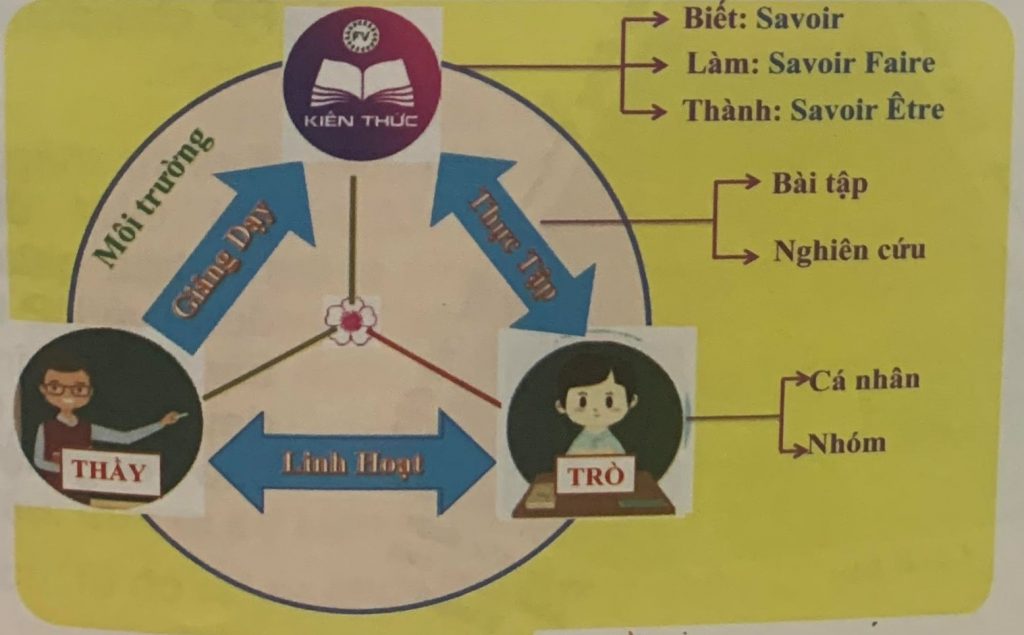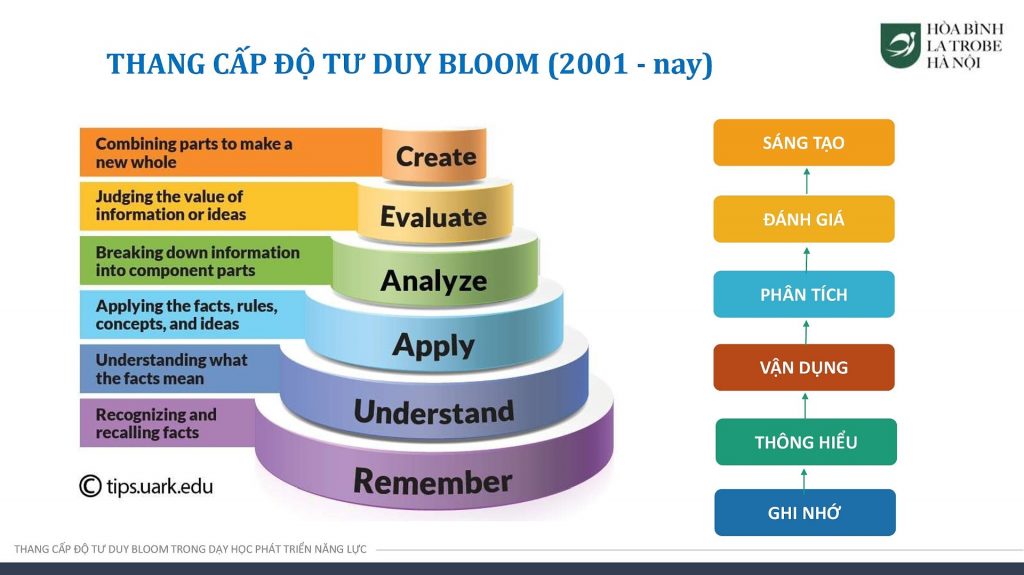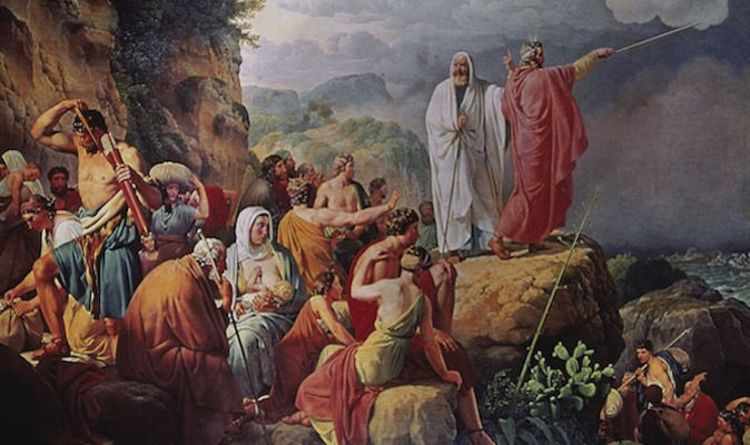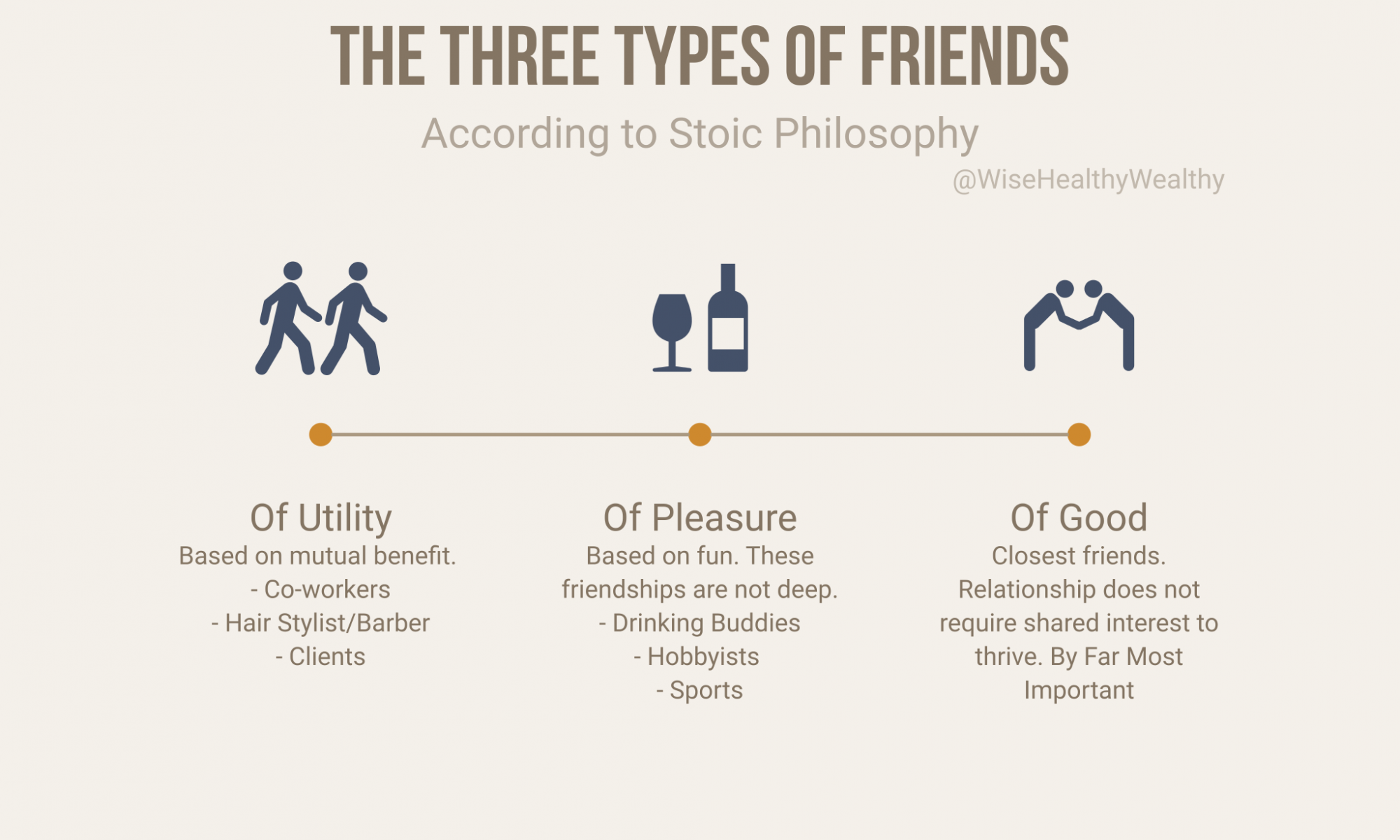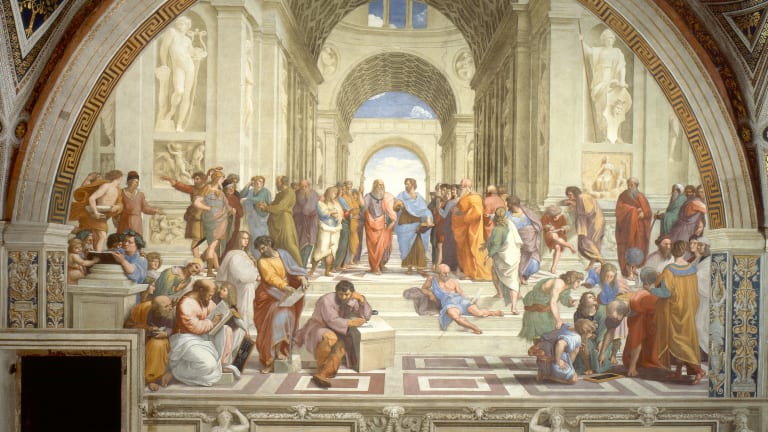Evangelii Gaudium is an apostolic exhortation of Pope Francis on the proclamation of the Gospel in today’s world. It was issued on November 24, 2013. It responds to the request of the XIII Ordinary General Assembly of the Synod of Bishops gathered in 2012.
In the Introduction, the Pope claims his purpose of this exhortation is “to encourage the Christian faithful to embark upon a new chapter of evangelization marked by this joy, while pointing out new paths for the Church’s journey in years to come” (1). The Gospel, which is eternally new, rejoices both the evangelizers and the hearers in every era. According to the Synod, the Gospel must be transmitted to all in three principal settings: “ordinary pastoral ministry,” “the baptized whose lives do not reflect the demands of Baptism,” and “those who do not know Jesus Christ or who have always rejected him” (14).
Chapter I: Jesus mandated the Church to proclaim the Good News for all people. Although the mission is challenging, it is full of joy if the Church is in communion with Christ. As the Lord initiated her mission, the Church goes forth to show the Father’s infinite mercy, to help people even accepting difficulties, to bear fruit, and to rejoice the evangelizing community. To be capable to transform everything, the call to renewal and conversion appeals to the whole Church, precisely in the parish and other Church constitutions, in basic community and small communities, in movements and forms of association, and in particular churches with bishops as well as the universal Church with the papacy. Furthermore, the core message of the Gospel, which is “the beauty of the saving love of God made manifest in Jesus Christ” (36) must be faithfully proclaimed without distortion. Although human limits are the obstacles of the task of evangelization, “it constantly seeks to communicate more effectively the truth of the Gospel” (45). Finally, the Church is always open to everyone, especially the poor and the sick desiring to encounter God.
Chapter II: The contemporary world rapidly changes and has various factors challenging the impulse of missionary renewal in the Church. The economy of exclusion, the new idolatry of money, the financial system ruling rather than serving, and unjust social structures are isolating human beings from each other and are rejecting moral values and God. In the cultural aspect, as attempting to enculturate the Gospel, the Church faces a number of challenges, such as “the form of veritable attacks on religious freedom” (61), “the media and entertainment industries” (62), “the proliferation of new religious movements” (63), and “the process of secularization” (64). Concerning pastoral workers, they have to struggle against different problems, namely individualism, relativism, spiritual sloth, sterile pessimism, and spiritual worldliness. These problems get rid of the zeal, joy, hope, love, and fraternal communion of the missionaries. The Pope encourages all missionaries to be conscious of these challenges and not to fear dealing with them because “challenges exist to be overcome” (109).
Chapter III: God offers the salvation to all people. Thus, with the task of evangelization, the Church becomes “a place of mercy freely given” (114) so that the people of all cultures are assembled to God. Each culture contains partial values of the Gospel and is enriched by the Holy Spirit. Also, the Holy Spirit guides all the baptized to proclaim the Gospel in various ways, such as their popular piety or personal dialogue. Furthermore, the homily, having special importance in liturgical context, helps listeners communicate to God with enjoyment and love. Thus, the ministers must pay worthy attention to prepare the preaching. Trusting in the Holy Spirit, being fulfilled with love and zeal, they unceasingly cultivate their knowledge of the Word, let it deeply move their heart, and then faithfully transmit the Biblical message. Finally, we are mindful that the fundamental role of kerygma is “the center of all evangelizing activity and all efforts at Church renewal” (164). It invokes growth in faith that requires personal accompaniment.
Chapter IV: As confessing the faith, we realize the social dimension of evangelization. That is, living among the world, all Christians are called to build a better society that will be “a setting for universal fraternity, justice, peace and dignity” (180). Thus, no one should be excluded from the care of the Church, especially the poor, the vulnerable, the victims of various kinds of human trafficking, the unborn children, and so on. The Church offers them not only physical but also spiritual care with mercy and true love. Furthermore, the Pope proposes four principles for progress in building a better society. They are “time is greater than space” (222-225), “unity prevails over conflicts” (226-230), “realities are more important than ideas” (231-233), and “the whole is greater than the part” (234-237). Finally, in seeking peace, the Church needs to enter into three areas of dialogue with states, society, and other believers (238).
Chapter V: Pope Francis offers some thought of the new evangelization which interiorly “encourages, motivates, nourishes and gives meaning to our individual and communal activity” (261). Particularly, evangelizers do not only proclaim the Good News with full zeal but also have a prayerful life. They open their hearts to Christ and to others so that they become in union with Christ and His people, which grants them greater joy. Furthermore, Christ and His Spirit always accompany evangelizers to help them overcome challenges and difficulties. Thus, they always trust in Christ and the Holy Spirit. In addition, they never ignore the missionary power of intercessory prayer of the great men and women of God, especially our Blessed Mother Mary who Jesus gave to His people and who is always present in the midst of the people.
Note: Evangelii Gaudium is a long document and this is just a personal summary. Therefore, missing points and omitting content is unavoidable. I encourage everyone to read the whole document and take my summary as a secondary reference.
Full document link: EVANGELII GAUDIUM
My Personal Reflection on Four Principles to Build a People in Peace, Justice and Fraternity
In His exhortation, Pope Francis offers various proposals to find the joy of the Gospel. In the social dimension of evangelization, he proposes four principles to build a people in peace, justice, and fraternity. These principles have inspired me to think of my future ministry.
Proclaiming the Gospel, I will be full of joy if the results of my works are immediately seen. In contrast, there may be discouragement if the results come too slowly, especially if the results are hidden while challenges, hardships, and sufferings are many. As a result, I may be rushing and decide to take a shortcut to gain the results more quickly. However, it is said that “easy come, easy go.” Nonetheless, time is the condition for everything to be mature and to achieve the fullness. The first principle Pope Francis proposes, “time is greater than space,” reminds me to be patient and hopeful and to let my work of evangelization gradually bear fruits. This principle will be my motivation whenever I feel my effort is fruitless.
In addition, one of the challenges of evangelization is diversity of the people. They are different from me as well as from one another, so the conflicts are unavoidable. In the exhortation, the Pope emphasizes the role of unity which is the key to solve the conflicts. That is, if I make more people become in union with Christ, the conflicts will disappear as a result. Practically, I have to first remove the causes of conflicts in myself, such as hatred, jealousy, laziness, and so on. Second, I need to show my respect, my love, and my goodwill to the ones I evangelize so that they may accept me and listen to my proclamation. If I really want to become a peacemaker, but people do not accept me, it will be very hard to solve any conflicts. Third, I never forget to rely on the grace of God with which I can do everything. The Pope indicates that “the unity brought by the Spirit can harmonize every diversity” (230).
To sum up, the words of Pope Francis foster me to bring joy to all the world. Although there are many challenges, being patient and relying on God, my works will be fruitful.


